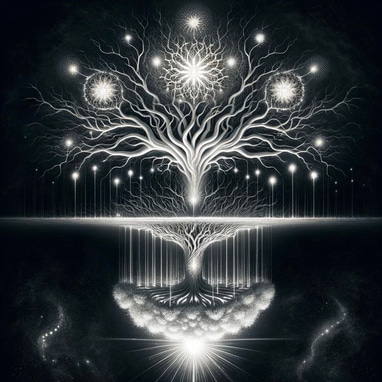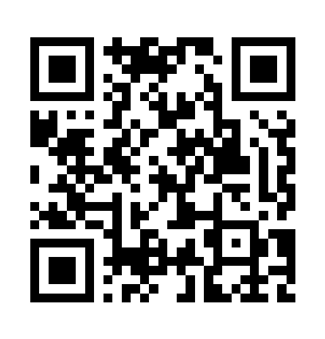
Shedding the Layers, Finding the Truth: A Researcher's Journey of Transformation
This article strives to present a balanced perspective, drawing equally from Eastern and Western philosophical traditions, Biblical teachings, and research methodologies. Its aim is to inspire researchers and practitioners to embark on a transformative journey of self-discovery and contribute meaningfully to the betterment of humanity.
EASTERN PHILOSOPHY WESTERN PHILOSOPHY SOCIAL MEDICINEEDUCATION
2/11/20242 min read
Abstract: This article explores the transformative journey of researchers and medical practitioners, urging them to shed the limitations of personal identity and embrace a liminal space of inquiry. Drawing on biblical teachings, Eastern and Western philosophies, and anthropological insights, it argues that embracing selflessness, humility, and non-judgment fosters a deeper understanding of humanity and facilitates a more profound pursuit of truth in research and practice.
Introduction: The path of a researcher or medical practitioner can be a deeply enriching journey of discovery. Yet, it can also be fraught with the potential for bias, preconceived notions, and the limitations of individual perspectives. This article proposes a transformative approach, drawing inspiration from diverse sources - the Bible, Eastern and Western philosophies, and anthropological thought - to inspire researchers and practitioners to embark on a path of "losing" themselves in service of a greater truth.
Stepping through the Threshold: Liminality and Transformation
Anthropologist Paul Stoller highlights the transformative potential of liminality, the fertile "in-between" space where old structures dissolve and new understandings emerge (Stoller, 2008). Resonating with the Biblical call to be "transformed by the renewing of your mind" (Romans 12:2), this concept encourages researchers to shed preconceived notions and embrace the uncertainty of the "in-between," fostering greater openness and adaptability in their pursuit of knowledge.
Beyond "I": Selflessness and the Pursuit of Truth
Both Eastern philosophies and the Bible emphasize the importance of detachment from the ego and service to a greater good. The principle of Karma Yoga, advocating action without attachment to personal gain (Vivekananda, 1995), finds parallels in Philippians 2:3-4, where Paul urges to consider the interests of others above oneself. For researchers and practitioners, this translates to conducting their work not for personal fame but for the advancement of knowledge and the well-being of humanity.
Finding Unity in Diversity: Faith and Humility
Faith, whether understood as adherence to a specific religion or a surrender to a greater truth, mirrors the philosophical and anthropological concept of losing one's identity to find unity with a larger reality (Galatians 3:28). This transcends societal, cultural, and personal boundaries, fostering an inclusive approach that values all human experience equally. In research and medical practice, it translates to approaching individuals and communities with humility and acknowledging the interconnectedness of all human lives.
Compassionate Witness: Overcoming Judgment
The Biblical warnings against judgment (Matthew 7:1-2; Luke 6:37-38) resonate deeply with the anthropological emphasis on non-judgmental observation and understanding. Medical anthropologists and practitioners, in particular, find guidance in this principle, approaching each individual's experience with empathy and acknowledging the complexities of human suffering without prejudice.
Conclusion:
By integrating the lessons from diverse traditions, researchers and practitioners can embark on a transformative journey. Stepping into the liminal space of uncertainty, embracing selflessness, and adopting a stance of humility and compassion allows them to contribute more meaningfully to the pursuit of knowledge and truth. This journey is not just about enriching professional endeavors but also about fostering a more just and compassionate world. By "losing" oneself in service of a greater good, researchers and practitioners become powerful catalysts for positive change, leading the way towards a deeper understanding and healing within the global community.
Citations:
Stoller, P. (2008). The power of the between: An anthropological odyssey. University of Chicago Press.
Vivekananda, S. (1995). Karma yoga. Vedanta Society of New York.
The Holy Bible, New International Version. (Matthew 16:24-25; Romans 12:1-2; Philippians 2:3-4; Matthew 7:1-2; Luke 6:37-38; Galatians 3:26-28).


My post content


